Google "right" is not right...
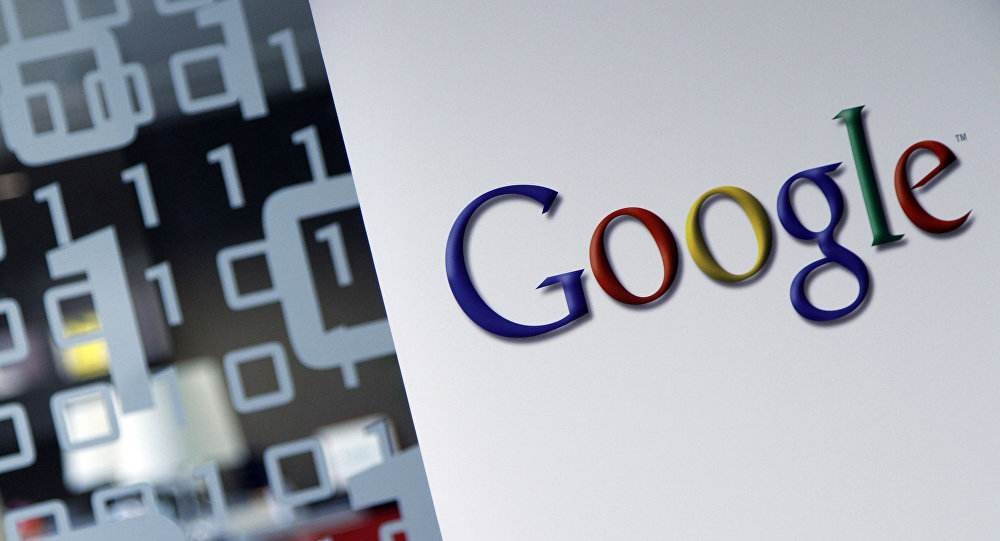
Although we have long been accustomed to personnel changes in the science and technology circle, the "one up and one down" in less than 20 days still makes people's hearts stir.
On November 14, Microsoft announced that Executive Vice President Shen Xiangyang would formally resign on February 1, 2020.
On December 3, Google released heavy news that current CEO Pichai will become Alphabet's new CEO.
Perhaps, Shen Xiangyang's resignation and Pichai's promotion are just normal personnel transfers for themselves, even Microsoft and Google.
However, after Lu Qi left Microsoft in 2016, Shen Xiangyang also left Microsoft, which cast a special significance for this: since then, among the 50.1% Asian technicians in Silicon Valley, Apple, Microsoft, Amazon, Google, Facebook, Intel, IBM, Qualcomm, Oracle, Nvidia, the core management of these American technology giants no longer have Chinese executives.
After Nadella was promoted to Microsoft CEO in 2014, Pichai also rose to a new level in 2019. Since then, Google CEO Pichai, Microsoft CEO Nadella, Nokia CEO Suri, Adobe CEO Narayen, Meguiar's CEO SanjayMehrotra, and even US media claimed that "10 Indian CEOs are ruling the world".
We can have many explanations for saying goodbye to Silicon Valley.
For example, our Internet economy has come from behind, from the initial imitation to being imitated or even restricted, in the unmanned payment, social economy, and even in the mobile phone manufacturing industry, it is blue. 2018, among the Top30 listed Internet companies in the world, China has 10 seats, second only to the United States and 17 seats, which is the best evidence.
The gathering of Indian elites in Silicon Valley does not seem to be a reason.
On the one hand, India's Internet market has been completely taken over by foreign technology giants: among India's 0.51 billion Internet users, Facebook's WhatsApp has 0.4 billion users, Google's YouTube has 0.25 billion users, today's headline has nearly 0.2 billion TikTok users, and Ali's UC browser has more than 0.13 billion users.
In addition, India has taken the software industry as the pillar in the past 20 years, as an important software and service outsourcing base in the world, but it has not been able to give birth to large-scale Internet companies because of the fact that the country pays more attention to the development of heavy industry, the low national literacy rate, and the weak construction of domestic network infrastructure.
Although the Modi government intends to introduce new regulations to suppress foreign technology giants to cultivate local Internet companies, the "firewall" was not built in a day.
On the other hand, it is the fact that the Indian IT elite is even better than the Chinese in Silicon Valley 20 years ago. They have successively won the CEO-level executive positions of super giants such as Google and Microsoft.
Behind the gorgeous turn is the beginning of the curative effect of elite education that India has respected in the past few decades. They are closer to "Westerners" in language, thinking and system. In addition, they like to "keep warm together". The workplace atmosphere of their predecessors supporting their younger generations and apprenticeship management makes them unfavorable.
Some data show that Indians account for about 1/3 of Silicon Valley engineers, and even 15% of Indians have reached the level of middle and senior managers in Silicon Valley.
However, before Indians "occupy" Silicon Valley, we must also realize the inevitability of India's Internet brain drain: in the 2018 Global Internet Company Market Value Ranking, top30 is occupied by China, the United States, Japan, South Korea and Brazil, and Indian enterprises have not yet been seen. For them who cannot perform their skills in China, the "working emperor" is their fate that they cannot avoid all their lives.
While Microsoft once again closed the door to the Chinese, Google offered an olive branch to Indians. This is the choice of Microsoft and Google. Is this not the choice of Silicon Valley?
However, we are not surprised by the behavior of the former, while the behavior of the latter is not as simple as it appears.
We have just learned that Pichai is a great talent, but Google's timing is too coincidental: in May, the United States included Huawei in the entity list to restrict its purchase and use of products and services provided by American enterprises, and Huawei was not a vegetarian and immediately put on its own HMS service. However, when netizens found that the government could not pre-install users and could post-install them, HMS's "injustice" was released, everyone takes GMS service for granted.
However, LZPlay, the application software that helped users install GMS, was exposed in early October, and LZPlay immediately went offline. Google also deleted the certification passed by Mate 30 Pro last week SafetyNet its security system, which also means that Google has officially "cut" with Huawei and taken actions to prohibit Huawei's Mate 30 series phones from obtaining Google application services through other means.
If Google parted ways with Huawei immediately after the entity list, HMS still has a chance to survive as a mourner, but it acquiesced in the survival of GMS after 5 months, and it would be more difficult for HMS to rise against the trend.
This is totally different from Google, which has been lobbying actively under the pressure of Trump's ban and hopes to restore supply as soon as possible.
Of course, Google's move may be out of "legal compliance" self-protection, but it is still surprising to take the initiative to cut off this kind of behavior that does not explicitly prohibit netizens from "post-fitting" abroad.
For the domestic Android Front Alliance, which is still relying on the Android ecology, Google has suddenly become an Internet ecological "bomb" more uneasy than Apple ".
(1)
Do not be evil is a thing of the past.
○
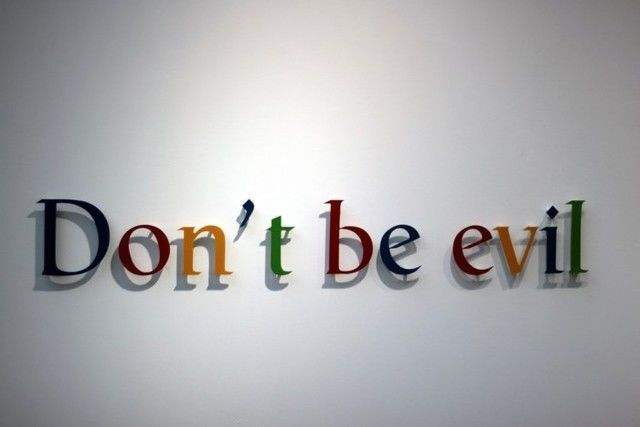
In 1999, one of the founders of Google, Amit Patel, worried that in the future, he might be forced to change the ranking of search results at the request of customers, or develop some products that they did not want to develop, and wrote "Never do evil" in the lower right corner of a whiteboard.
In 2004, Google made its first public declaration of no evil: "Don't do evil. We firmly believe that as a company that does good for the world, we will get better feedback in the long run-even if we give up some short-term benefits."
In the "Google Ten Commandments" of corporate values developed later, the sixth rule of not doing evil slowly evolved into: "Do the right thing: do not do evil."
We don't know what Google has experienced from never doing evil to doing the right thing, not doing evil to become an attributive?
What is certain is that the few corporate values in the United States and even the world that advertise that they are not evil have brought great spiritual wealth to Google, and Google's excellent technology and fair and democratic management system have further pushed Google to the altar.
For most domestic users, our initial feelings for Google are either curiosity about the browser outside the wall, or the longing for the values of not doing evil, or sympathy for a "sad hero" who withdrew from China in 2010. As a "new continent", we have always had an inexplicable yearning for it.
Especially when Baidu's search engine's reputation has plummeted because of the Putian accident, and there is no browser in China that can take on the important task, it becomes especially sacred not to do evil.
Although Google, which does not do evil, has turned over its "black history", it is, after all, a "cry from afar".
However, people in the Internet age seem to pay more attention to the "wailing in front of them".
Just when we were immersed in Google's illusion of not doing evil, Google suddenly felt that the value of not doing evil was not so important and a bit of a hindrance.
In 2015, Google officially changed its name to Alphabet. Google is no longer a simple search company.
What followed was the new code of conduct issued by the new company Alphabet to employees, "Do the right thing-abide by the law, behave properly, and respect each other", and the code of not doing evil disappeared.
Of course, Google's original search and advertising department is still constrained by not doing evil.
In 2018, on Google's code of conduct page, the three "don't do evil" that have been written in the front row of "foreword" officially disappeared and were replaced by "values".
This change was discovered and reported after a month, which shows how unnoticed this page is.
However, even if the change is not paid attention to, it is still "disclosed", which shows how broken Google's human design has reached the point where it needs to be traced back.
The specific situation is that Google was experiencing the largest collective protest in the history of the enterprise in early 2018. Internal employees did not count, and nearly 4000 employees signed internal petitions, which accounted for about 5% of Google's total employees.
The cause of the incident was Google's participation in the Pentagon's Maven project in April 2017. The goal was to use AI technology to process video content projects captured by drones. The results of the project have been applied to the battle between the United States and ISIS.
Google, which does not do evil, has made an "AI machine", which is not only unacceptable to Google employees, but also called on Google to withdraw from military projects and promised not to weaponize its technology.
However, the whole incident ended with problems at the end of February, joint protests at the beginning of March and the deletion of values in April. We cannot help but wonder whether Google is now committed to commercial interests or to political pressure?
However, all this is not over yet, and there is still a new interpretation of "doing the right thing:
In November 2018, Google was still paying a huge amount of money because of Rubin's departure, which led to a strike by 20, 000 employees in a week.
In November 2019, Google fired four employees for "violating the data security policy", pushing the tense confrontation between management and employees to a peak.
The weaponization of technology runs counter to not doing evil. The different attitudes towards employees and senior executives violate the fair and democratic management system. In recent years, the failure of Google Glass, the mediocrity of Google Pixel, the rush of Google Stadia, and the DeepMind of money have also demonstrated that Google's technology is out of standard. Although quantum hegemony is indeed gimmicky, it is difficult to form competitiveness in a short period of time.
Before Google completely stepped down from the altar, Google launched a new round of god-making movement.
②
Pichai's Highlights and Challenges
○
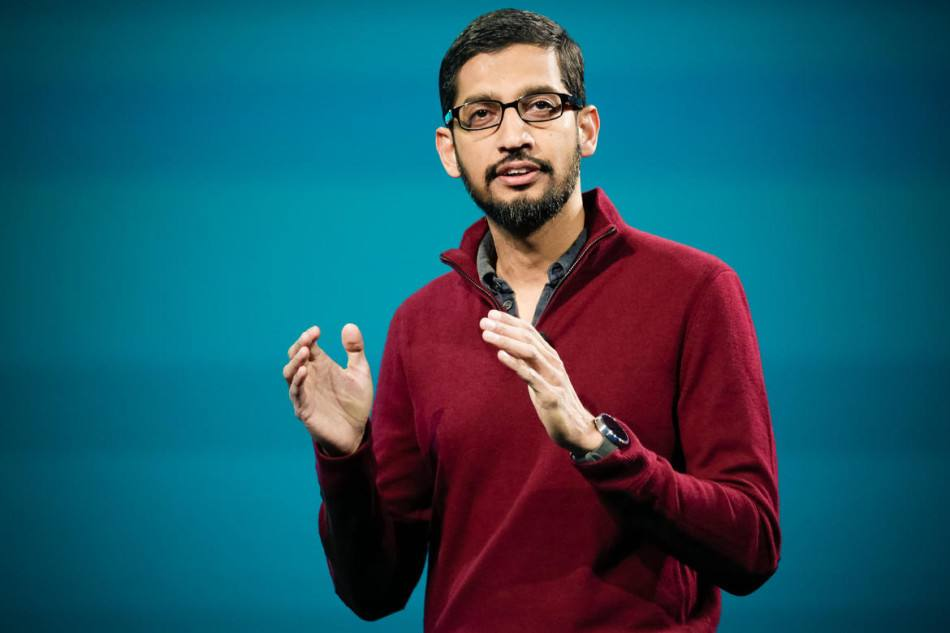
Pichai was born in an ordinary middle-class family in Chennai, India. His mother is a stenographer and his father is an electrical engineer. He lives in a two-bedroom apartment with his parents and brother; there is no car at home, and sometimes four people will ride together. Travel on a moped at home.
In 1993, Pichai graduated from the Indian Institute of Technology in Klagpur and studied at Stanford after receiving a scholarship; after graduation, he entered McKinsey and received a master's degree in business administration.
In 2004, Pichai joined Google and emerged through the Google Toolbar Toolbar.
In 2006, Pichai obtained the approval of Page and Brin to develop Google's exclusive browser, and proved his foresight in Microsoft's "tampering with the default search engine" campaign.
In 2008, Chrome browser, which integrates Google search and family bucket service, was officially launched.
In 2010, Chrome browser market share exceeded 10% for the first time.
In 2011, Pichai became the senior vice president of Chrome business and entered the core executive level of Google.
In 2012, Chrome's market share surpassed IE and Firefox for the first time, becoming the world's largest browser in one fell swoop.
In 2013, Rubin, who Pichai succeeded the father of Android, came out of the Android department due to a sexual assault scandal.
In 2014, Pichai became the head of operations for all Google's Internet products and took over the core product teams such as search, YouTube, Chrome, Android and maps.
In 2015, Alphabet Page reorganized, Pichai officially became the CEO of Google, a subsidiary, in charge of all Internet businesses.
From 2011 to 2015, Pichai leapt to become Google's butler.
From 2015 to 2019,Alphabet's market value jumped from 300 billion to 900 billion.
Obviously, Pichai's performance satisfied both Page and Brin, and even Wall Street gave a thumbs-up sign. With Pichai becoming CEO of Google's parent company Alphabet, Waymo, the unmanned car, Google X, the cutting-edge technology laboratory, the smart home Nest, the fiber optic business Fiber, the venture capital business GV, the life science business Calico, and the balloon network business Loon will all report to him.
Since then, Pichai has become the number one figure in Alphabet. Chrome with his left hand (with a global market share of 70%) and Android with his right hand (with a global market share of 80%), backed by Google and in charge of Alphabet, can be described as "God blocks and kills God, Buddha blocks and kills Buddha".
Behind the founder's "willfulness", they left Pichai a "young man" with a 927.3 billion market value ".
But this young man is not a trouble-saving master at the moment, but a "hot potato".
In recent years, issues including antitrust investigations, employee riots, and how to boost profits while increasing R & D spending have all been faced by Pichai.
More importantly, as the concept of "digital assets" takes root in the hearts of the people, the big data business on which Alphabet depend will be challenged.
You should know that Alphabet is essentially a big data enterprise. Whether it is the advertising business with the most revenue sources, or the cloud services and machine learning that have been focused on in recent years, it is based on the collection, collation, transmission and development of data.
Google has been basically using this data for free and has exclusive access to the benefits created by the data.
However, in the future, as 5G technology further expands the market and the Internet of Everything produces more large private data, artificial intelligence and blockchain deep participation, personal data (signs, behavior, consumption, health, etc.) will inevitably be assetized, and Alphabet will have to share this cake with users.
After all, although these data are generated on Alphabet platforms, Alphabet need to rely on users to generate these data; and for individual users, a little bit of data does not produce much value, which requires the Alphabet of such a platform to amplify the benefits of the data.
Finally, users will get the right to know private data and share the benefits with the data platform will become mainstream.
Although Pichai realized as early as 2017 when he was CEO of Google: Google's biggest threat comes from its success; But we are not sure that after Pichai takes charge of Alphabet, we can spit out the benefits that users "deserve" in time?
(3)
Google Glass
○
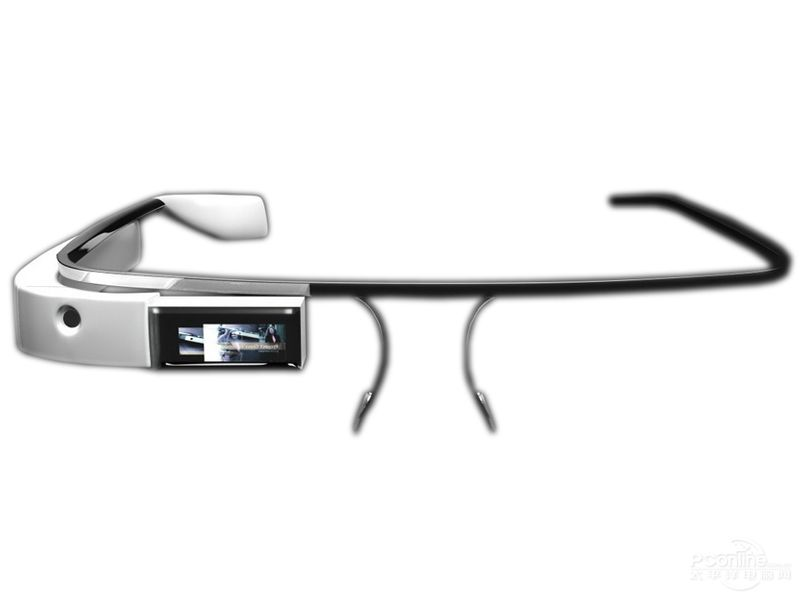
When you are still buying Fitbit for Google's $2.1 billion, the insurance is among the oldest in the wearable device field and you are in a cold sweat. In June, Google also spent $2.6 billion to acquire Looker, a software data analysis company.
Although the former is to enter the wearable device field, the latter is to narrow the gap between Google Cloud and AWS and Azure, which are not the same. However, in less than 5 months, how Fitbit's data will be used is still a bit worrying. This also brought trouble to Alphabet's acquisition.
On December 3, Britain has launched an antitrust investigation into Google's acquisition of software data analysis company Looker.
On December 10, the U.S. Department of Justice will review Alphabet's Google division's plan to acquire fitness tracking equipment manufacturer Fitbit because of possible antitrust issues.
We don't know how the antitrust investigation will end in the end, but it has somewhat cast a political shadow over Alphabet's big data expansion and deep research business.
At this stall, Pichai, who has just taken office, seems to be the first non-enterprise users who give up Google Glass. This group of individual users who have spent $1500 on devices since 2013 will not be able to access Google services.
This is a routine operation for Google, but it is undoubtedly a bolt from the blue for technology geeks who once believed in the future of Google Glass.
I still remember the madness when Google released this "Expanding Reality" glasses in April 2012. Like smart phones, it can control photos, video calls and identify directions through sound control, as well as surfing the Internet, processing text messages and e-mail.
Of course, Google Glass was only a set of PPT at that time.
However, this still cannot hide the imagination brought by Google Glass: at that time, when smart wearable devices were still limited to "low-intelligence" wearable devices such as bracelets and watches, the appearance of Google Glass instantly gave people the illusion that Jobs was upside down when he released the iPhone.
Although the product does not have much impact on augmented reality devices that are still in the bud, it is of great significance in the field of wearable devices; it allows manufacturers to see the market for "head-mounted" devices, and it is also in computational photography. The piece has promoted the evolution of the smartphone camera system.
In April 2014, Google Glass officially opened online ordering, and the live broadcast function was launched in July.
When we were looking forward to Google Glass opening the era of intelligent life, the G oogle Glass "Explorer" project was suspended in January 2015.
The high price is prohibitive. The distance between physical products and concepts has further consumed everyone's enthusiasm. The connection with peeping privacy has even pushed Google Glass into 18 layers of hell.
You think Google has given up. In 2014, Google also invested in Magic Leap, another famous special effects company. The difference is that they focus on head wear and head display. Similarly, they all went to the enterprise version and put it on the shelf. This may be the last "fig leaf".
However, Google's ambition for the wearable field obviously did not fade away, so there was a "adoption" incident that Google spent a lot of money.
You know, under the premise that the Android system is firmly in half of the global mobile operating system, Google still loses its way into the smartphone market through the acquisition of Motorola. A declining operating system, Wear OS, wants to support Google's wearable dream, is that even more hanging?
④
Google Pixel
○
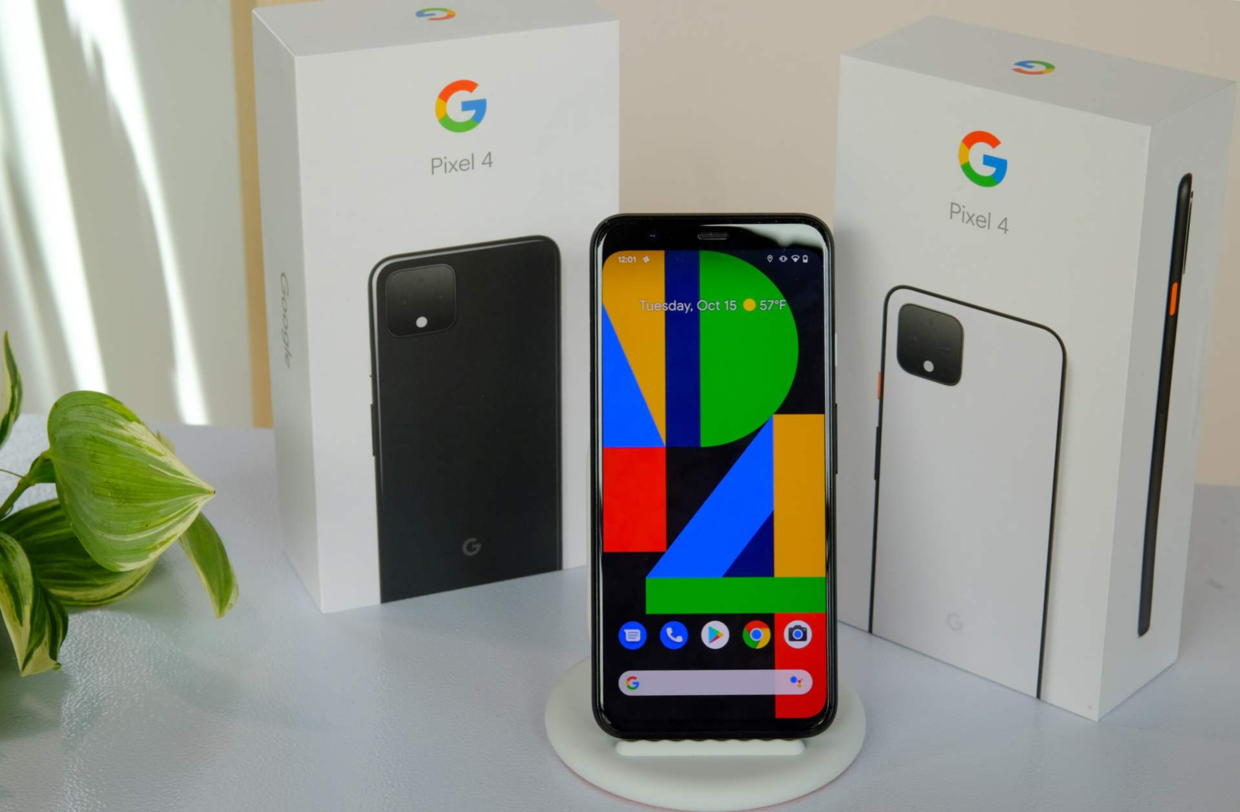
It is still a question mark that Google's wearable devices can stand out under a strong enemy, and Google Pixel, Google's mobile phone, faces a lot of trouble.
Although the Android system is the absolute mainstream of the current mobile communication system, Google Pixel is basically invisible in the mobile communication market, but as a vassal of Google, it can maintain a certain natural heat every year.
In such a tepid state, Pixel has been able to achieve 4 generations, but compared with Google's family bucket: real wireless headset Pixel Buds, Chrome OS-equipped notebook Pixelbook Go, Google Nest, the final Pixel 4 has a too low sense of existence.
Although Pixel 4 has finally entered the era of double photography, with a conventional wide-angle lens and a 2x optical zoom telephoto lens, this configuration is only honey and confidence.
It is not the first time Google has made a mobile phone. In 2013, it cooperated with LG to launch the Nexus 5, the first Android phone made by Google.
In 2016, Pixel was first introduced, and it has not really entered the public eye.
IDC data show that the Pixel series shipped only 4.68 million units in 2018, with a market share of only 0.33%.
Although the Pixel series claims to sell not mobile phones but software algorithms, this time the radar blessing operation is really not much advanced. This has also led to Google's arrogant mobile phone in software algorithms, which is always out of step with consumers.
At the critical moment when Android is moving towards the latest version of Android + that natively supports 5G, Google seems to have found the correct way to open Pixel.
On December 10,Google announced on its official website that it would adopt a strategy called feature drop from today to unlock new features for Pixel phones.
In other words, Google will push newly developed functions for users at high frequency just like APP updates, which is really in line with Google's technology flow.
The biggest difference between it and the previous Android system update is that it is not only to fix bugs, improve the stability of the system, and add system-level support for newly introduced hardware; it will bring freshness to mobile phones and increase the life cycle just like the fashion industry releases new products.
However, the hardware quality of a mobile phone is there, and no matter how hard the software works, there is a ceiling limit, so feature drop is only "changing the soup without changing the medicine" at the system level.
If Google's modular mobile phone Project Ara still exists, the synchronous update of software and components will complement each other, but it is a bit too optimistic Project Ara wants to highlight the hardware siege through software experience after it gets cold.
⑤
Google Stadia
○
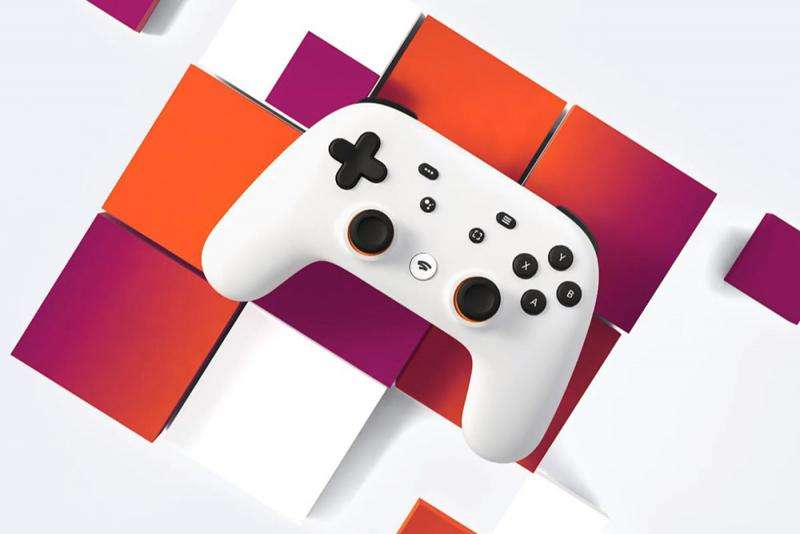
From Google Glass to Magic Leap, from Project Ara to Google Pixel, people's blueprints in software technology are better than one, but when they really land, they always have a little taste.
Moreover, not only the hardware, but also the ecological Google built around the hardware also has a sense of acclimatization.
On November 20, Google Stadia, which came out after a thousand calls, gave people the feeling that it was not a goddess sitting behind the pipa, but a rough man disguised as a woman.
In an instant, we all doubt the future of cloud games.
Although Google Stadia, Google's cloud gaming platform, is obviously on the street, Google's entry into the cloud gaming field may be more important than expected.
As a digital medium with greater information density and more intensive interactive experience after SMS, graphic, short video and live broadcast, cloud game is likely to be extended in the 5G era. To some extent, all human-computer interaction "interface, content and experience" can be "gamified".
After all, users are immersed in an environment with low media requirements and high-quality content saturation attacks, and they may be affected by consumption decisions and even invest huge amounts of time and money.
And with the maturity of wearable products and the innovation of more human-computer interaction, the technological experience will further blur the boundary between reality and virtual.
Every cloud game here is a parallel world, and every cloud game platform may finally "exchange" data, while different cloud game platforms may also "cross-border", which only requires more game costs. This is possible to create bizarre "virtual different worlds" outside the real world ".
In the future, the virtual world may become a necessity of oxygen, a right and an obligation.
We will not always play with things to lose our will. For example, it is not difficult to integrate remote operation and games by flying UAVs to develop oceans and spacecraft to open up outer space through the "cloud game" ecosystem.
And all this may start with cloud games, because cloud games are the next "consumption scene" battle besides cloud computing, wearable, smart phones and other individual soldiers or group operations.
But now Google may not see a deeper future for cloud games.

Although Google may not really have the talent of industrial design, a bunch of mediocre products do not expect it to create a bright derivative consumption scene, coupled with Google's ungrounded research in technology in recent years. In the PC era, there are search and mobile Internet Android, while in the era of Internet of Everything, we can only start from scratch. Therefore, Google is about the crossroads of life.
But after all, a skinny camel is bigger than a horse. Maybe somebody else's investment in technology suddenly detonated the next gust of wind?
Finally, we don't know where Google's future will go. We only know that Silicon Valley has lost its way now. The vitality of Indians may indeed delay the aging of Silicon Valley and prevent those teenagers who once killed dragons from becoming evil dragons until Big Tech is defeated.
So, does Pichai have a chance to lead Google to the top of the trillion market value like Nadella this time?
We'll see.
PS: Some materials are obtained from @ Tiger Smell @ 36kr @
The article was first published in the public number: industrial design of things
The copyright of this work belongs to 何鲸洛. No use is allowed without explicit permission from owner.

New user?Create an account
Log In Reset your password.
Account existed?Log In
Read and agree to the User Agreement Terms of Use.

Please enter your email to reset your password
Big Brother's articles are getting better and better.
It must have taken a lot of effort to check the literature and give you a compliment
What's this ???